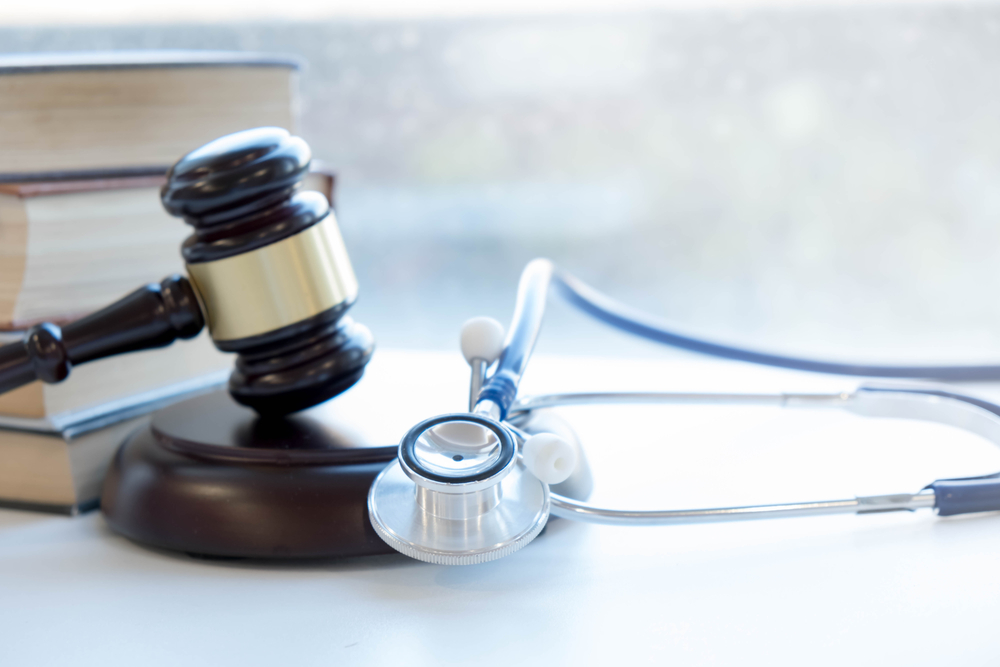As a medical professional, one of the greatest dangers in the healthcare field is impaired decision-making. If a healthcare provider enters a patient’s room and is unable to properly weigh the treatment options, they are more likely to make a medical error. Often, impairment in decision-making comes as a result of an underlying addiction. When medical providers turn to substance use to cope, they risk not only their own lives but the lives of their patients. Medical errors can have deadly outcomes, leading to disciplinary action, legal issues, and likely an inability to practice in the future. Let’s take a closer look at how a substance use disorder can lead to costly medical mistakes.
Why Healthcare Professionals Abuse Substances
Working in a healthcare facility is one of the most stressful environments for employees of all levels. From long hours in the office or hospital to the constant state of crisis medical professionals function in, the effects of this setting begin to wear on even the strongest person. To cope with the stress they are feeling at their job, healthcare providers may turn to substance use. What starts as one drink in the evening to “wind-down” quickly turns into a habit, leading to an addiction. Other contributing factors to the development of a substance use disorder in medical personnel include¹:
- Increased workload and responsibilities
- Personal life issues (relationships, health, finances)
- Sleep deprivation
- Staff shortages
- Chronic health conditions
- Lack of support in the workplace
- Biological predispositions
While neither all-inclusive nor a definitive indication that a person will develop a substance use disorder, this list provides some context for the greater issue of addiction in healthcare.
Addiction Amongst Medical Providers
Despite understanding and seeing firsthand the consequences of addiction, stressful work environments and emotional fatigue lead a large percentage of medical professionals to turn to substance use. In fact, research has shown that healthcare providers are especially susceptible to addiction. A 2013 study² found that 69% of doctors abused prescription medications to cope with stress. A 2012 survey³ of 25,000 surgeons reported that around 15% of those in this field struggling with alcohol abuse or dependency. This is greater than the general population which is estimated to be close to 9%. Research⁴,⁵ also indicates that 10-15% of healthcare providers will misuse substances in their lifetime.
Medical Errors as a Result of Substance Use
If medical professionals are abusing substances, there is a high likelihood that this will affect their work. Compromised motor skills can result in slips of the hand, causing unintended injuries. An inability to think clearly due to the presence of illicit drugs or alcohol in your system can prevent you from thinking about potential consequences to medical decisions. Patient harm or, in severe cases, death often follows a poor medical choice. Medical errors can be detrimental to a healthcare provider’s career. Potential consequences of a medical error due to substance use include:
- Loss of medical license
- Disciplinary action, including termination of employment
- Legal action from the patient or medical facility
- Relationship strains (personal and professional)
- Financial responsibility for the error
- Emotional duress
The consequences of medical errors while under the influence of a substance can vary based on severity, but there will always be repercussions for these actions.
Help for Healthcare Providers With an Addiction
As a healthcare professional, you are committed to making the best decisions for your patients and providing care to the best of your ability. If you are struggling with an addiction, you are unable to properly engage in best practices because your decision-making ability is inhibited. But you are not alone. Many medical providers have struggled with substance abuse and recovery is possible. If you want to begin the fight against your addiction, Providence Treatment is here for you. We specialize in helping professional men and women recover from substance use disorders. If you’re ready to take your next step in recovery, contact us today for a confidential conversation.
References:
-
Toney-Butler TJ, Siela D. Recognizing Alcohol and Drug Impairment in the Workplace in Florida. StatPearls Publishing; 2022 Jan. https://www.ncbi.nlm.nih.gov/books/NBK507774/
-
Merlo, L. J., Singhakant, S., Cummings, S. M., & Cottler, L. B. (2013). Reasons for misuse of prescription medication among physicians undergoing monitoring by a physician health program. Journal of addiction medicine, 7(5), 349–353. https://doi.org/10.1097/ADM.0b013e31829da074
-
Oreskovich MR, Kaups KL, Balch CM, et al. Prevalence of Alcohol Use Disorders Among American Surgeons. Arch Surg. 2012;147(2):168–174. doi:10.1001/archsurg.2011.1481
-
Bennett, J., & O’Donovan, D. (2001). Substance misuse by doctors, nurses, and other healthcare workers. Current Opinion in Psychiatry, 14, 195–199.
-
Merlo, L. J., Trejo-Lopez, J., Conwell, T., & Rivenbark, J. (2013). Patterns of substance abuse initiation among healthcare professionals in recovery. The American Journal on Addictions, 22, 605–612.









